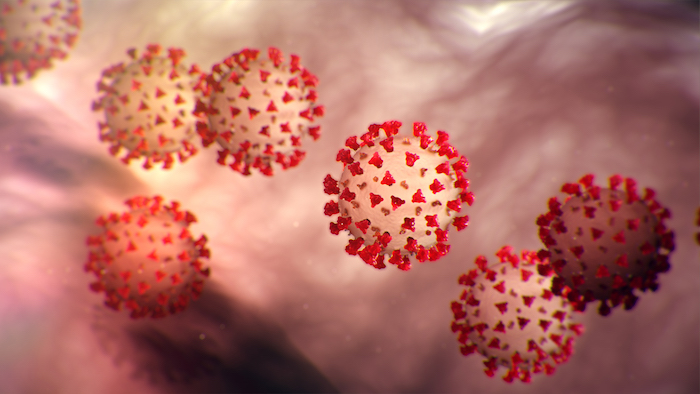
Stem cells are unspecialized cells in the body that have the potential to make more stem cells as well as differentiate into specialized cells of the body if appropriate signals are given in vitro or in vivo. Embryonic stem cells (ESCs) can be isolated from the inner cell mass of 5–8 days old embryos and possess high regenerative potential. However, the clinical use of ESCs is restricted due to a number of religious, ethical, and legal controversies. Adult stem cells can be isolated from neonatal sources (such as cord blood, cord tissue, placenta, and menstrual blood) as well as from adult tissues (such as bone marrow, adipose tissue, dental pulp, and peripheral blood) are used for these purposes. MSCs, a type of adult stem cells, are a special focus of stem cell‐related therapies currently due to their immunomodulatory and regenerative potential. MSCs can be obtained in large numbers from autologous sources such as adipose tissue, bone marrow, and from allogenic sources such as cord blood and cord tissues. In addition, MSCs are multipotent, could be cryopreserved for multiple uses, and thus are readily available at the time of care.
Previously published clinical data of stem cell use against virus‐induced acute respiratory distress syndrome (ARDS) provides a hint for the success of stem cell‐based therapies for COVID‐19 infection. The selection of a suitable stem cell source and type is important for the treatment of COVID‐19 patients. The median time from first symptoms to death in COVID‐19 infection is ∼14 days. This time period provides a narrow window of treatment opportunity and therefore starting therapy at an appropriate time is important especially for patients who are older and have other illnesses. However, no data is currently available regarding the time of the start of MSC therapy for maximum benefits; therefore, studies are required to evaluate the optimal period of the start of cell‐based therapies. Current registered clinical trials are primarily focused on the use of stem cells obtained from allogeneic sources such as donated Wharton's jelly or umbilical cord tissues. Autologous stem cells are often preferred for cell‐based therapies. However, for active COVID‐19 patients, aspiration of adipose tissue or bone marrow, and subsequent isolation of cells from these tissues does not seem to readily amenable to this purpose. A recent study by Rogers, Harman, and Bunnell provided some rationale for the clinical use of autologous adipose tissue‐derived MSCs (AT‐MSCs) for COVID‐19 patients. However, additional injury from aspiration of these tissues for AT‐MSC isolation makes this approach less desirable. Therefore, for active, severely ill patients, allogenic cell sources (being readily available) seems a better option for treatment. For COVID‐19 patients who are at high risk of developing the severe disease (older patients with comorbidities) due to COVID‐19 infection, autologous sources of stem cells such as adipose tissue and bone marrow could be used. For such patients, the time to initiate therapy is very important in order to boost the immune system. The biobanks, however, can play an important role in this regard by preserving the adipose tissue and bone marrow and making these tissues or cells available for patients at the time of care. It is pertinent to mention here that the use of stem cell therapy in critical patients in the intensive care unit (ICU) is not yet approved, therefore; precautions must be taken to ensure the safety of the patients.
A majority of registered stem cell clinical trials to treat COVID‐19 have proposed the use of MSCs as a treatment modality for such COVID‐19 patients. MSCs are a well‐characterized type of adult stem cells with ideal proliferative, differentiation, and immunomodulatory properties. MSCs are also without ethical issues and are available for allogenic or autologous use. MSCs regenerate and repair damaged tissues by trans-differentiation or secretion of various bioactive molecules to stimulate resident cells. MSCs are well known in the medical community for its promising anti‐inflammatory properties. Previously, few studies related to the use of stem cells to treat respiratory virus‐related lung injury have been conducted. Although reports are conflicting, the systemic administration of MSCs was protective for influenza respiratory infections. Interestingly, studies found a greater protective effect of MSCs derived from bone marrow as compared to MSCs derived from umbilical cord tissues in influenza A infection.
Precision Pain Care and Rehabilitation has two convenient locations in Richmond Hill – Queens and New Hyde Park – Long Island. Call the Richmond Hill office at (718) 215-1888, or (516) 419-4480 for Long Island office, to arrange an appointment with our Interventional Pain Management Specialist, Dr. Jeffrey Chacko.













